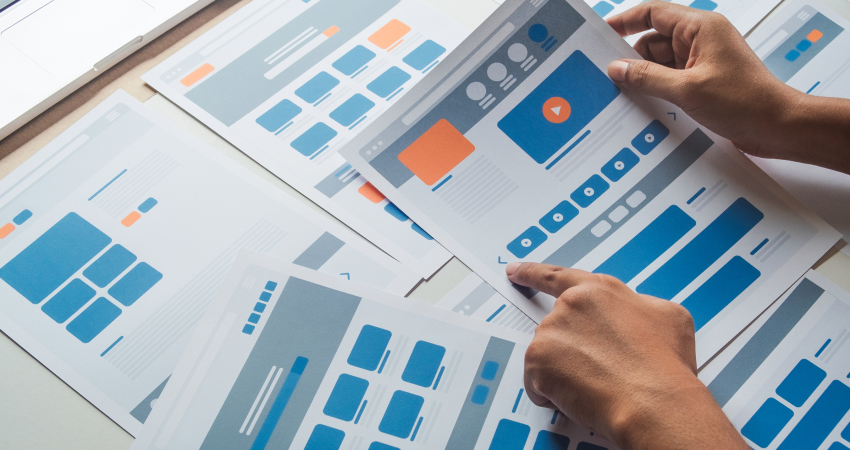Introduction:
When it comes to creating a website, one of the most common questions that arises is how much should be invested in web design. The answer depends on various factors, including the goals, complexity, and size of your project, as well as your budget. In this article, we will explore the considerations involved in determining the appropriate budget for web design and provide guidance on finding the right balance between cost and quality.
Defining Your Website Goals:
Before deciding on a budget, it is crucial to define your website goals. Are you building a simple online presence, an e-commerce platform, or a complex web application? The complexity and functionality requirements of your website will impact the design and development efforts involved, thereby influencing the budget.
Evaluating Professional Expertise:
The expertise and experience of the web design professionals you choose will affect the overall cost. Freelancers or small agencies may offer lower rates, while larger agencies with a proven track record and a portfolio of successful projects may command higher fees. Consider the level of expertise required for your project and balance it with your budgetary constraints.
Customization and Complexity:
The level of customization and complexity desired for your website will also impact the cost. Custom designs tailored to your brand’s unique requirements generally require more time and effort, translating into a higher budget. If you have specific design preferences or require advanced functionality, it is important to factor that into your budget.
Long-Term Considerations:
While it may be tempting to prioritize a lower upfront cost, it is essential to consider the long-term implications of your web design investment. A website built with quality design and solid infrastructure will offer better user experience, improved search engine visibility, and scalability for future growth. Investing in a professional and reliable web design solution can save you time, money, and frustration in the long run.
Competitive Analysis and Market Standards:
Researching your industry and competitors can provide insights into the prevailing market standards for web design. Analyze the websites of your competitors and identify their strengths and weaknesses. Understanding the quality and functionality expectations of your target audience will help you determine an appropriate budget range.
Requesting Proposals and Comparing Quotes:
To find the right balance between cost and quality, consider requesting proposals from multiple web design agencies or freelancers. Compare their expertise, portfolios, timelines, and pricing structures. Evaluate the value provided by each candidate and select the one that aligns with your budget and project requirements.
Conclusion:
Determining the right budget for web design requires careful consideration of various factors, including your website goals, professional expertise, customization requirements, long-term considerations, industry standards, and competitive analysis. While it may be tempting to opt for the lowest cost option, it is essential to prioritize quality, user experience, and long-term sustainability. Remember that your website is often the first point of contact for potential customers, and investing in a well-designed and functional website can significantly impact your online presence and business success.

